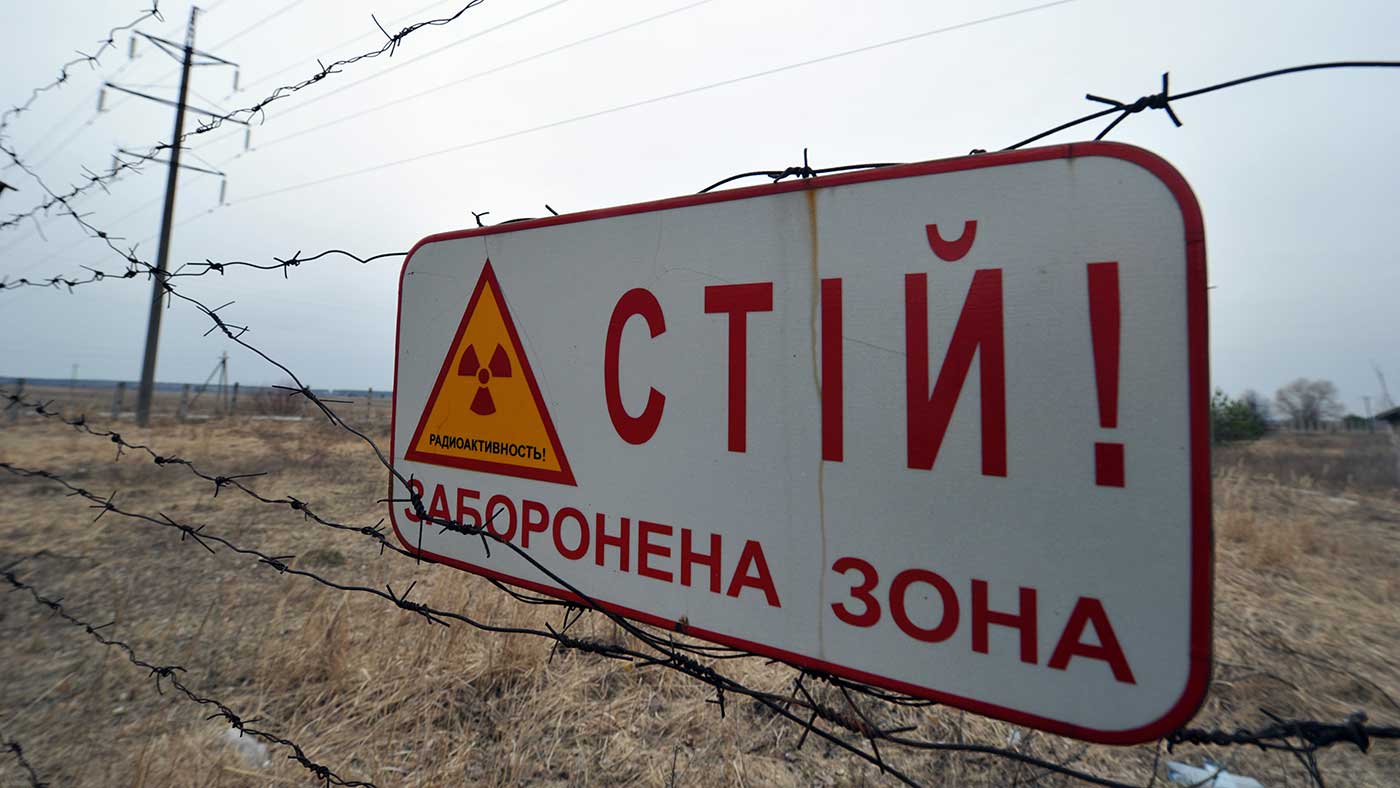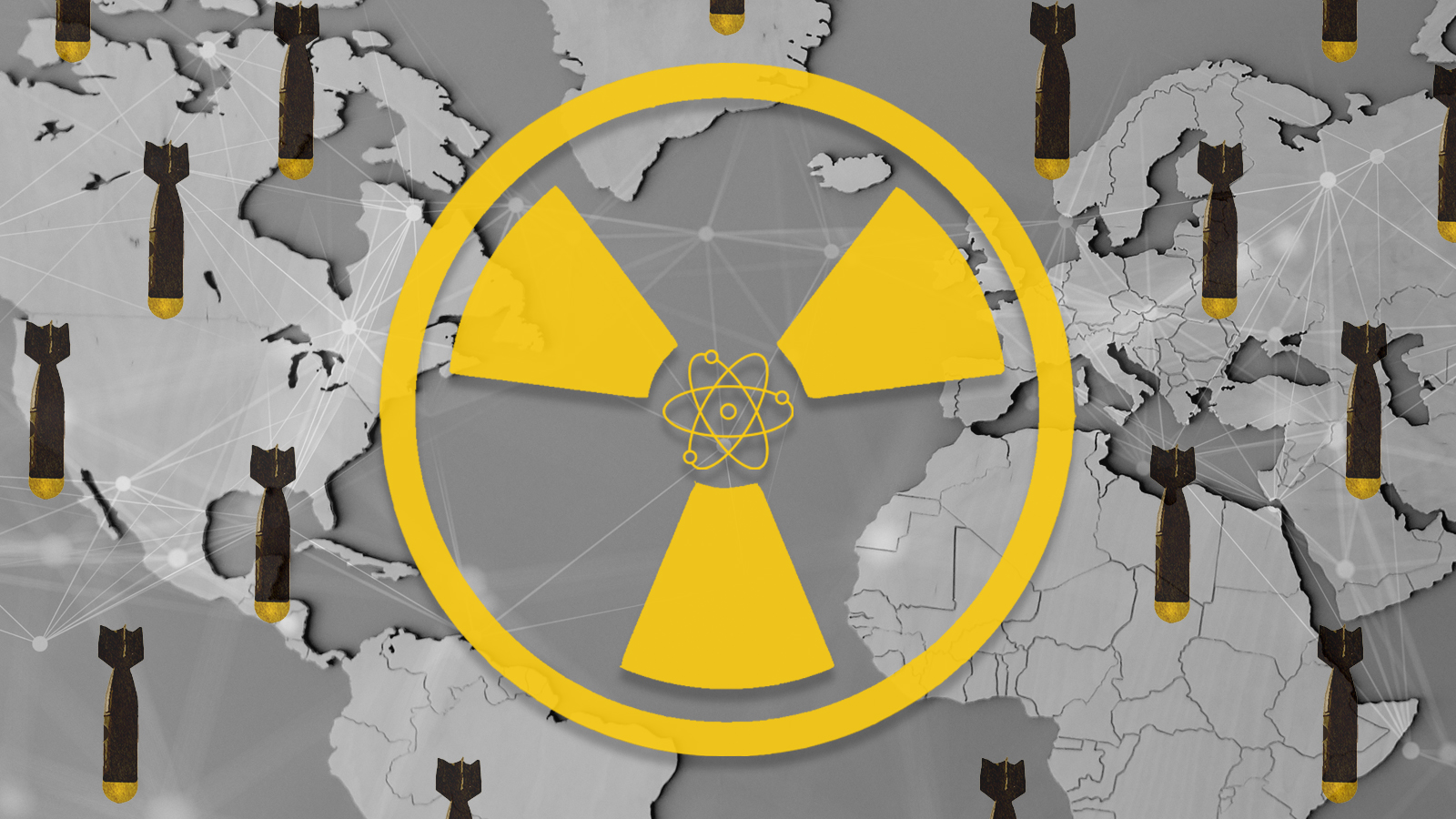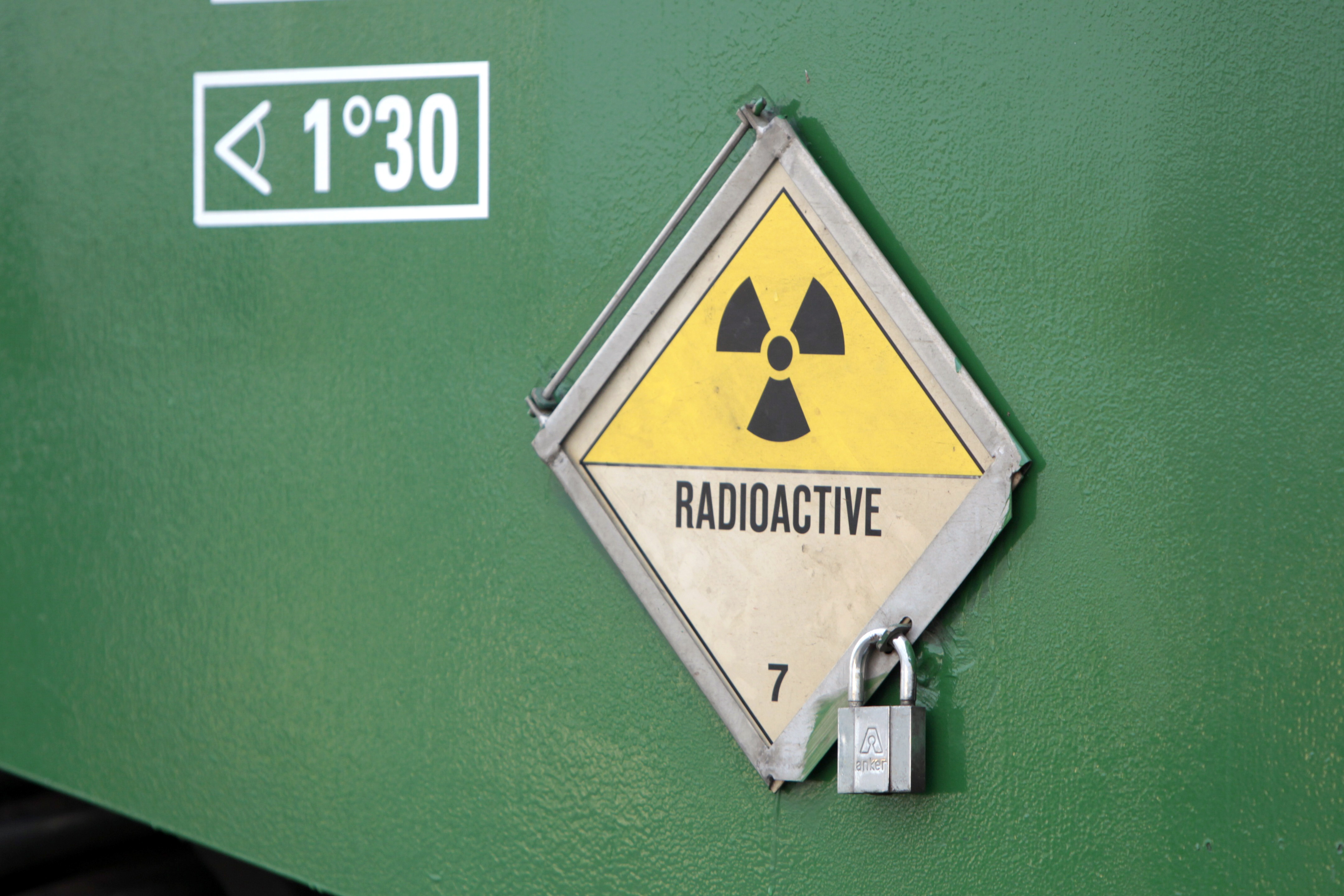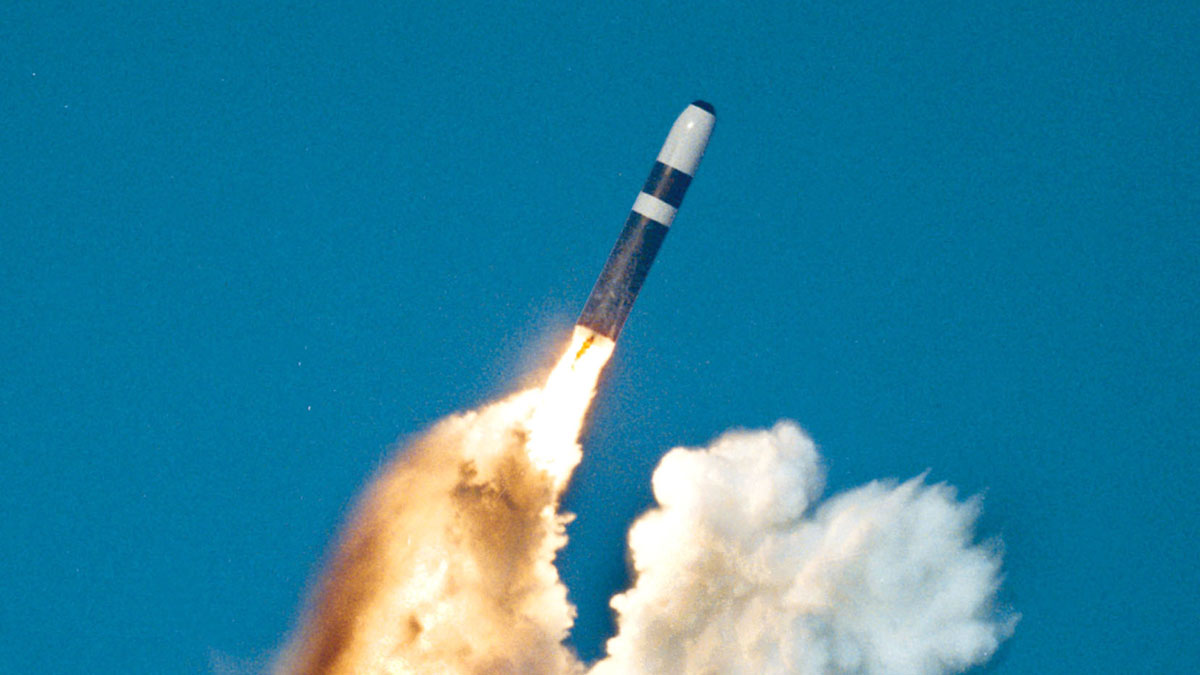Is Russia tampering with nuclear radiation sensors?
Two global detection facilities shut down in the wake of the nearby nuclear accident in early August, prompting allegations of a cover-up

A free daily email with the biggest news stories of the day – and the best features from TheWeek.com
You are now subscribed
Your newsletter sign-up was successful
Nuclear radiation sensors close to the site of a mysterious explosion in northern Russia earlier this month went offline in the wake of the blast, according to their operator.
Reuters reports that four stations that scan for radionuclide particles in the air went offline two days after the blast on 8 August, fuelling concerns over whether the Russian government may be trying to downplay the seriousness of the as yet unexplained incident.
The stations are administered by the Comprehensive Nuclear Test-Ban Treaty Organisation (CTBTO), an international body that monitors compliance with the Comprehensive Nuclear-Test-Ban Treaty (CNTBT). Adopted by the United Nations in 1996, the CNTBT has never formally come into force, because eight specific states have yet to ratify the treaty, but its protocol is nonetheless followed by the 168 states – including Russia – who have ratified it.
The Week
Escape your echo chamber. Get the facts behind the news, plus analysis from multiple perspectives.

Sign up for The Week's Free Newsletters
From our morning news briefing to a weekly Good News Newsletter, get the best of The Week delivered directly to your inbox.
From our morning news briefing to a weekly Good News Newsletter, get the best of The Week delivered directly to your inbox.
Newsweek reports that analysts are divided over whether the sensor outage in the wake of the explosion is a “very odd coincidence” or a demonstration of the Kremlin “trying to cover up evidence of the accident”.
Russian officials insist that Dubna and Kirov, the two sensors closest to the blast site, stopped transmitting on 10 August owing to “communication and network issues”. But are they telling the truth?
What happened?
On 8 August, state-owned Russian nuclear energy firm Rosatom confirmed that five people had been killed in an explosion while testing an isotopic power source for a rocket’s liquid propulsion system at the Nyonoksa missile testing facility on the country’s north coast.
A free daily email with the biggest news stories of the day – and the best features from TheWeek.com
Engadget reports that the blast “also increased radiation levels by as much as twenty times higher in nearby Severodvinsk for about half an hour”, adding that while Rosatom’s statement didn’t say exactly what hardware was involved, there are “clues that it might have been an experimental weapon”.
However, this week Lassina Zerbo, the head of CTBTO, announced that two nearby stations had gone offline in the wake of the blast. The CTBTO operates more than 300 monitoring stations around the world.
What are the Russians saying?
Zerbo told The Wall Street Journal this week that his organisation had contacted the sensor bases to ask why they had stopped transmitting data and was told it was due to “communication and network issues”.
“We are pending further reports on when the stations or the communication system will be restored to full functionality,” Zerbo added.
However, Russia has since appeared to hint at a deliberate manoeuvre, with state news agency Interfax quoting Deputy Russian Foreign Minister Sergei Ryabkov as stressing that the transmission of data from radionuclide stations to the CTBTO is voluntary, meaning that the station going offline would not be a violation of the treaty’s terms.
What are experts saying?
Jeffrey Lewis, director of the East Asia Non-Proliferation Program at the Middlebury Institute in California, told Reuters that any Russian tampering with sensors would be futile anyway as radiation would be picked up elsewhere.
“There is no point in what Russia seems to have tried to do,” he said. “The network of international sensors is too dense for one country withholding data to hide an event.”
Nonetheless, Daryl Kimball, executive director of the Arms Control Association, a Washington-based think tank, called the failure of the two sensors “a curious coincidence”.
“It is probably because they want to obscure the technical details of the missile-propulsion system they are trying and failing to develop but this is not a legitimate reason to cut off test-ban monitoring data transmissions,” he added.
-
 How to Get to Heaven from Belfast: a ‘highly entertaining ride’
How to Get to Heaven from Belfast: a ‘highly entertaining ride’The Week Recommends Mystery-comedy from the creator of Derry Girls should be ‘your new binge-watch’
-
 The 8 best TV shows of the 1960s
The 8 best TV shows of the 1960sThe standout shows of this decade take viewers from outer space to the Wild West
-
 Microdramas are booming
Microdramas are boomingUnder the radar Scroll to watch a whole movie
-
 Wild boars in Europe can’t shake off their radioactivity
Wild boars in Europe can’t shake off their radioactivitySpeed Read Scientists think they may have solved a phenomenon known as the ‘wild boar paradox’
-
 The science behind nuclear weapons
The science behind nuclear weaponsSpeed Read What makes them so deadly?
-
 Radioactive waste found at elementary school near World War II nuclear facility
Radioactive waste found at elementary school near World War II nuclear facilitySpeed Read
-
 How likely is a nuclear war?
How likely is a nuclear war?In Depth UN disarmament director says risk of global conflict now highest since Second World War
-
 Nuclear weapons 'could be used to deflect asteroids'
Nuclear weapons 'could be used to deflect asteroids'Speed Read Russian scientists argue 1967 space ban may have to be lifted if the Earth is at risk from a major collision